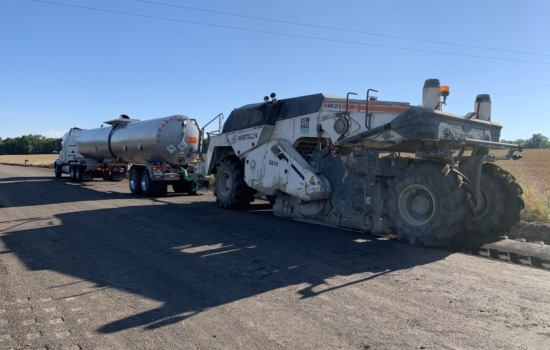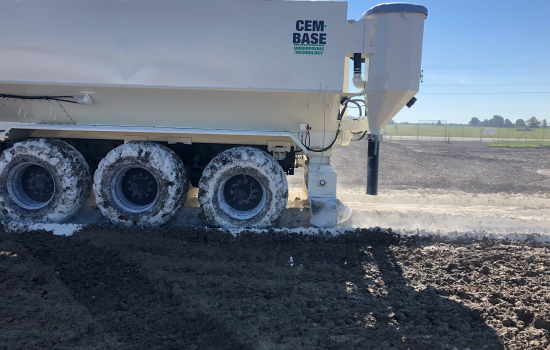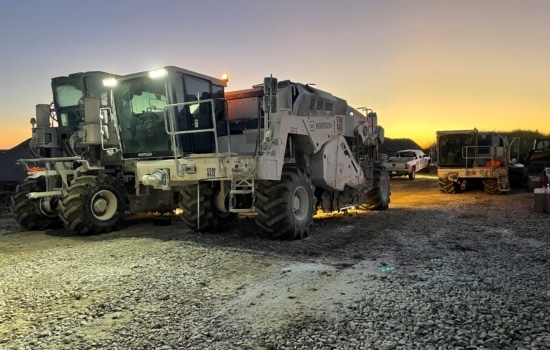About Our Soil Testing Lab
The strength and longevity of any paved surface depend on the quality of the base and subgrade below the pavement. It is essential to determine both the obvious traits, subtle characteristics, and chemical components of the earth below. Present soil conditions as well as how they will change over time must be considered and understood before building your project. Factors such as rain, snow, ice, freeze/thaw cycles, and extreme heat will affect the life of the paved surface. The extent of these effects is determined by how well your under-pavement was initially prepared for the asphalt or concrete surface.
The Cem-Base Soil Testing Laboratory employs a broad range of testing equipment to determine the precise admixtures necessary to minimize your costs and optimize the results of your project. We work hand in hand with leading independent Geotechnical engineering soil testing labs throughout Ohio, Indiana, Michigan, and Pennsylvania to provide fast and accurate testing results. Our lab team takes pride in remaining at the forefront of soil testing and stabilization knowledge allowing us to understand, interpret and support the stabilization and reclamation industry.
How It Works
Every project starts with a soil test. Our lab enables us to determine how your soil can be improved, helping to reduce the cost of paving in the short term while ensuring the longest possible life of the surface.
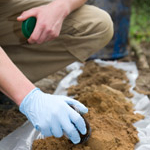
Soil Sampling
A trained Cem-Base representative will use appropriate soil sampling techniques at your job site. At the Cem-Base Soil Testing Lab, we’ll perform a battery of tests to determine all we need to know to give you the best solution.
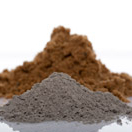
Determine A Solution
There are a variety of pozzolanic materials that can be added to your soil in various proportions. We can determine which materials and quantities would create the ideal admixture for your soil’s needs.
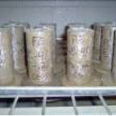
Soil Testing
Compacted cylinders of pozzolanic-treated soil are wrapped and carefully labeled to show their precise formula. Pressure tests on the soil cylinders confirm the strength of the treated soil—and ensure that it’s ready to combat the impacts of freeze/thaw cycles and water infiltration.

